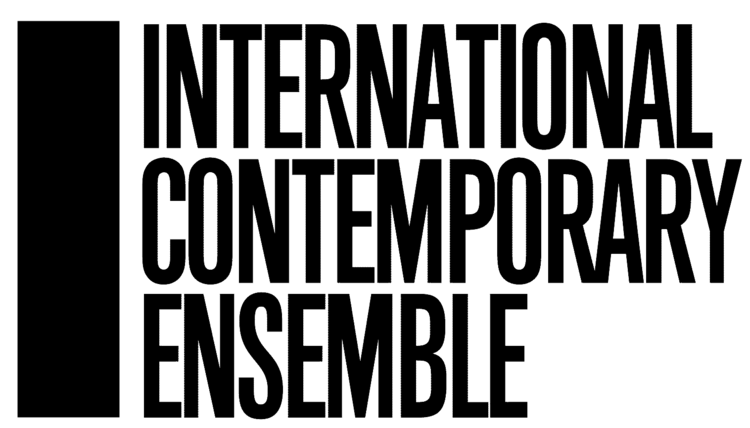Check out our Executive Director Jennifer Kessler’s essay, published in On Curating!
“For the past ten of my eighteen years as an arts professional, I have sat through a myriad of meetings devoted to the topic of diversity, equity, and inclusion in Western classical music. Until recently, I would see an initial investment in diversity initiatives, but nothing that would fundamentally empower people who have not historically had leadership agency to play a lasting role in deciding what gets performed on our world’s stages. What was lacking was a comprehensive approach to equity by addressing all entry points to an organization. Very few organizations asked: What are all of the ways we uphold the status quo? And what are all of the changes we should consider making if we want to create a truly equitable and diverse future?
“Equity” is often understood in different ways. The Annie E. Casey Foundation defines equity as “giving people what they need to enjoy full, healthy lives, regardless of race.”[1] I once heard philanthropist Ayo Roach say that equity is not just giving a person a seat at the table for decision making, but making the table bigger so that more people can participate and benefit from whatever is being offered. As an extension of his article “A Small Act of Curation,” George Lewis gave a keynote at a Chamber Music America conference, discussing his concept of equity as “investment.” He said:
Decades of curatorial, commissioning, and academic employment decisions proceeding from what bell hooks has called white supremacist capitalist patriarchy amounts to an investment in a certain sector of the society, and a complementary disinvestment in others […]. The complementary disinvestment in other segments of the population expresses itself in the very low number of women and people of color that I find in applications for graduate school, grants, academic employment as a composer, and more. Despite decades of effort, the system does not allow these people to build up equity, and the myth of absence dovetails with ersatz meritocracy to support the spurious claim that these people, in fact, do not exist. Yes, they do exist—but fixing the problem will take more than just opening the doors and proclaiming, “Y’all come.”[2]
I understand equity as a combination of these things: a commitment to making the proverbial table bigger and fairer to effectively investing in more people who have decision-making agency. It is also a commitment to interrogating and changing the practices around the table that have historically prevented certain people from living their full lives, and making specific choices beyond “just opening the doors.” “
Read the entire article HERE
